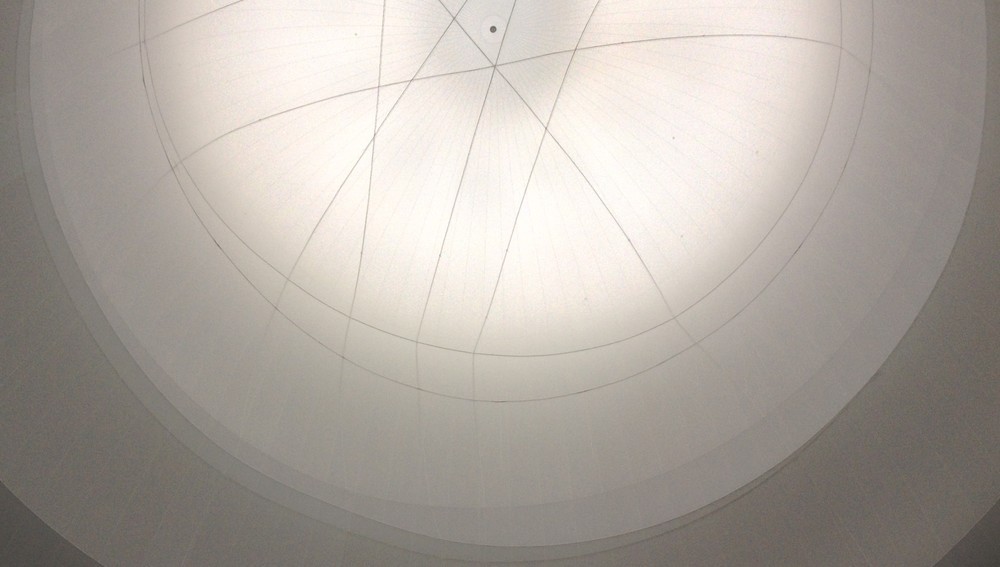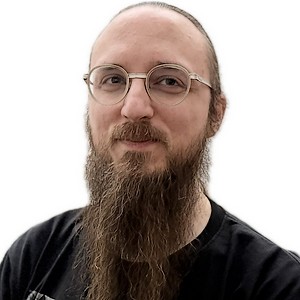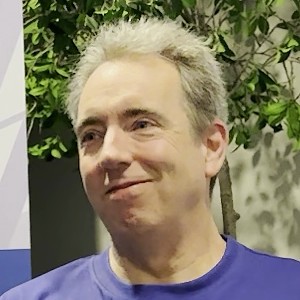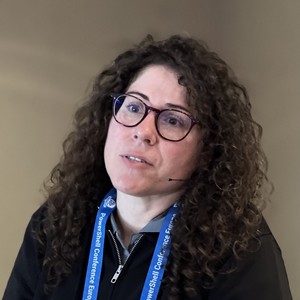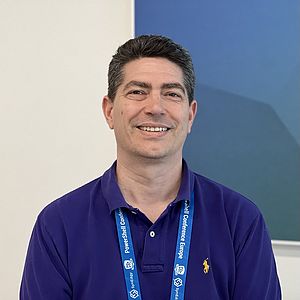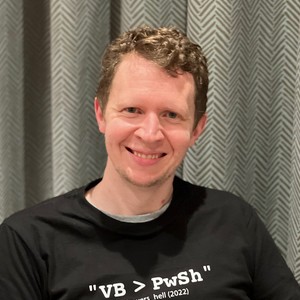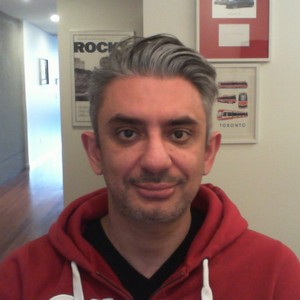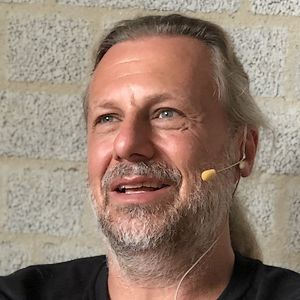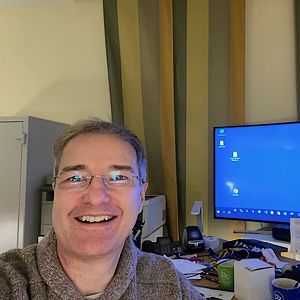Jan-Hendrik Peters ist Informatiker mit einer hohen Affinität zu Linux und einer stark Microsoft gefärbten beruflichen Laufbahn. Er ist einer der Entwickler/Maintainer des PowerShell-Moduls AutomatedLab und ein gern und häufig gesehener Sprecher auf Konferenzen.
Ich sprach mit Jan-Hendrik über seine beruflichen Stationen, die ihn von einem Lebensmittelhändler zu Microsoft führten, und von dort zu einem regionalen Energievorsorger.
Wir streifen in unserem Gespräch viele Themen. Ich war versucht, die Epsiode “Karriereberatung” zu benennen. Letztlich sind wir auf der Suche nach der “modernen IT”, wir streifen zahllose Buzzwords (minütlich grüßt das inhaltsleere “Cloud”) und skizzieren den IT-Mitarbeiter , den es braucht, um ein Stückchen mehr digitale Souverintät zu erlangen.
Jan-Hendrik berichtet von seiner Ausbildungszeit als Fachinformatiker, seiner Freude am Programmieren und den Vorteilen, Konfigurationen als Code zu schreiben und . Am Ende zeigt sich, dass die Abkehr von den Silos, in der sich IT-Abteilungen heute oftmals befinden, eine der zentralen Aufgaben für die Zukunft sein wird. Und eines noch: Der DevOps-Pionier, den Jan-Hendrik persönlich bei denDevOpsDays in Singapur in 2017 traf und deren Namen er nicht parat hatte, heißt Andrew Clay Shafer.
Das Interview wurde am 30. Dezember 2025 in Duisburg aufgezeichnet.
Randnotizen
- Jan-Hendrik Peters: Homepage, LinkedIn, Mastodon
- Vorträge auf der PSConfEU (Beispiele):
- Raimund Andrée auf Github
- Fachinformatiker/in – Systemintegration (Arbeitsagentur)
- AutoIT
- Xeen (Computerspiel): Clouds of Xeen, Darkside of Xeen
- Gentoo, Arch, Fedora, Suse und Co: Distrowatch
- Java,C# und Co: Objektorientierte Sprachen (WP)
- Microsoft und Linux: “Ein offenes Betriebssystem hat nicht nur Vorteile”
- History of cloud computing (WP)
- Kubernetes (WP)
- Cory Doctorow : Enshittification
- Paul Thurrott: “Microsoft Finally Kills Azure Egress Fees”
- Cloud Native Computing Foundation (cncf.io), Cloud Native Landscape
- Private Cloud (WP)
- Von VMs zu Containern: Ressourcen sparen und schnell deployen (ComputerWeekly.com)
- Klaus Knoppers “Knoppix“
- Azure Cloud Shell (learn.microsoft.com)
- Nano Server (ComputerWeekly.com)
- SSH remoting mit AutomatedLab
- OMI (Github)
- DevOpsm, Patrick Debois (WP)
- Windows Defender Application Control, vormals Applocker (learn.microsoft.com)
- Priviliged Access Workstation (PAW) (learn.microsoft.com)
- DSC (dsccommunity.org)
- Terraform (hashicorp.com)
- Ansible (redhat.com)
- WinGet Configuration (learn.microsoft.com)
- Bruce Payette war zu Gast in Episode 4 der Sliding Windows
- Gael Colas war zu Gast in Episode 15 der Sliding Windows
Kapitel
00:00:00:00 Intro (Wildflower by Scott Buckly)
00:00:01:14 Hallo Jan-Hendrik Peters!
00:00:06:11 CLI vs GUI
00:00:09:34 Der Hersteller als Arbeitgeber
00:00:16:01 Cloud
00:00:19:32 Die Mitarbeiter
00:00:27:36 Container
00:00:39:51 Automated Lab
00:00:45:19 DevOps
00:00:54:23 Windows-Restriktionen und Entwicklung
00:00:57:31 Über Silos
00:01:04:11 Configuration Management
00:01:07:20 Digitale Souveränität
00:01:16:06 DSC
00:01:27:22 Karriereberatung
00:01:38:36 Telemetrie und digitale Kontrolle
00:01:43:15 Verabschiedung
00:01:45:58 Outro
Musik
